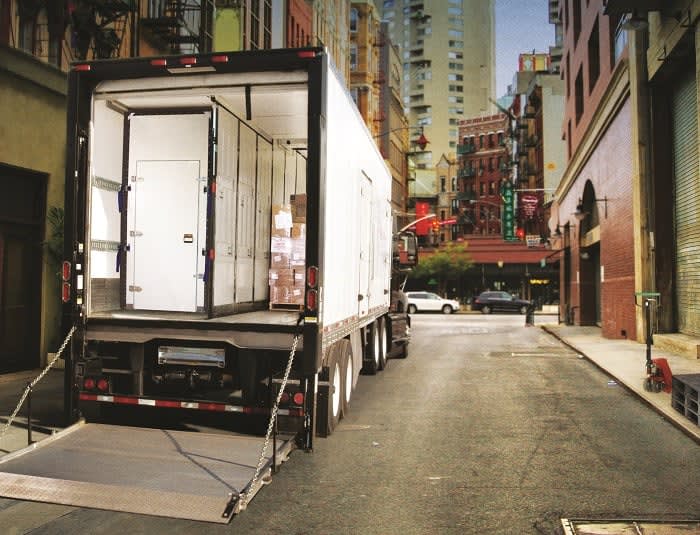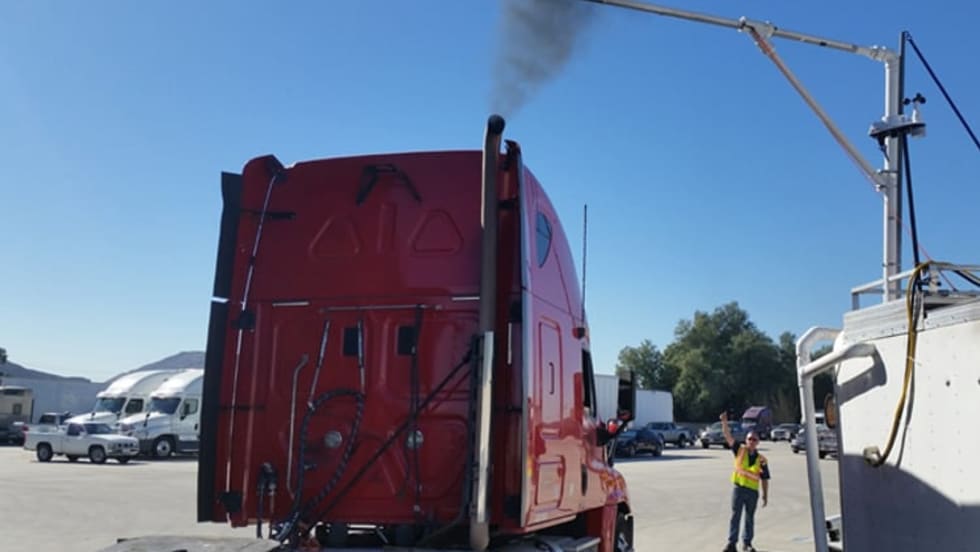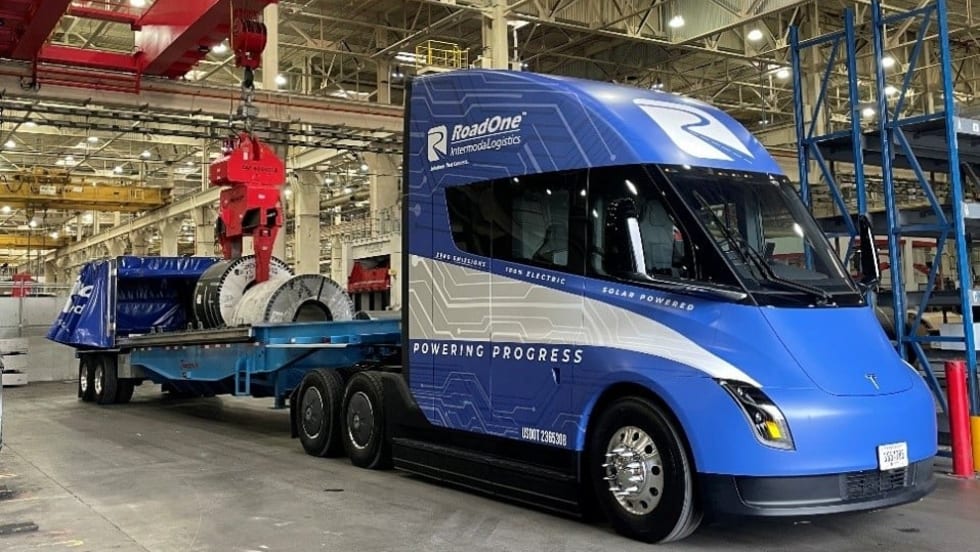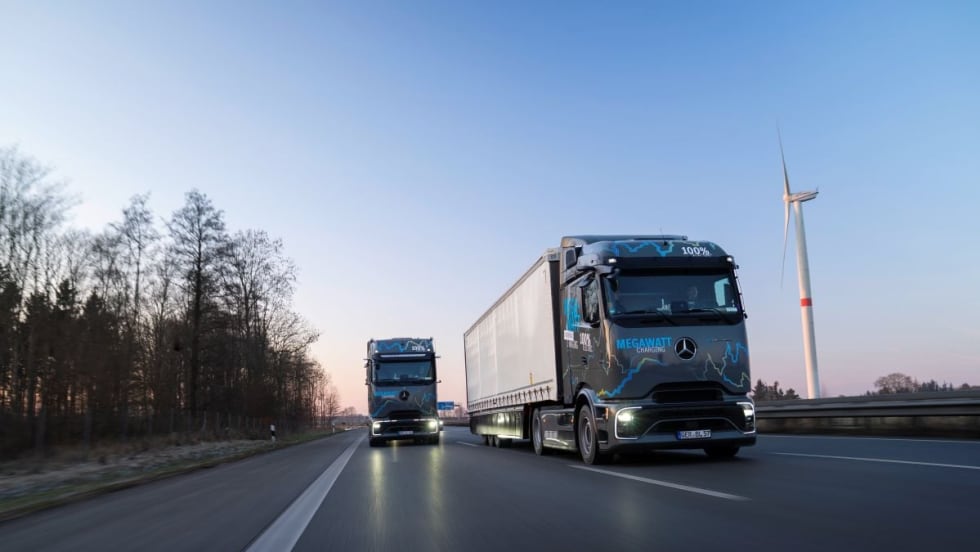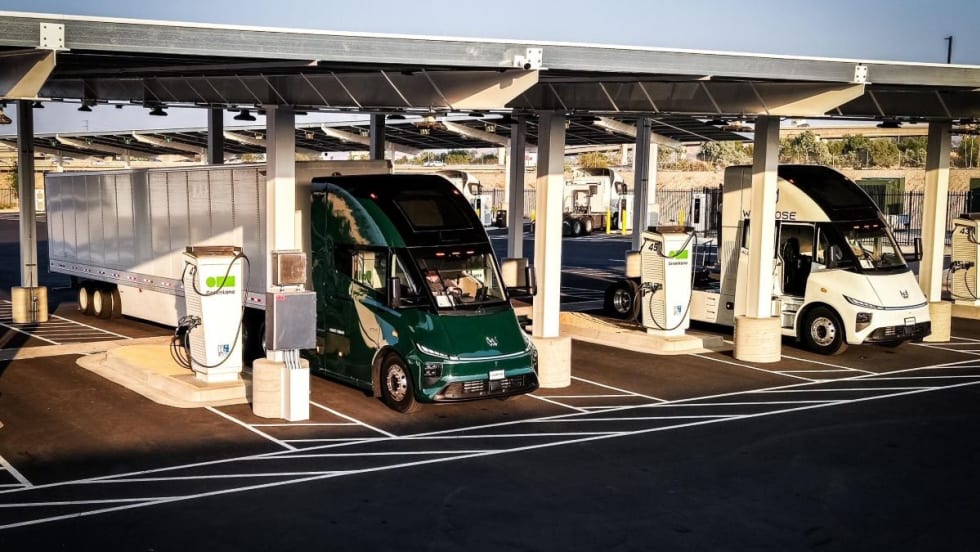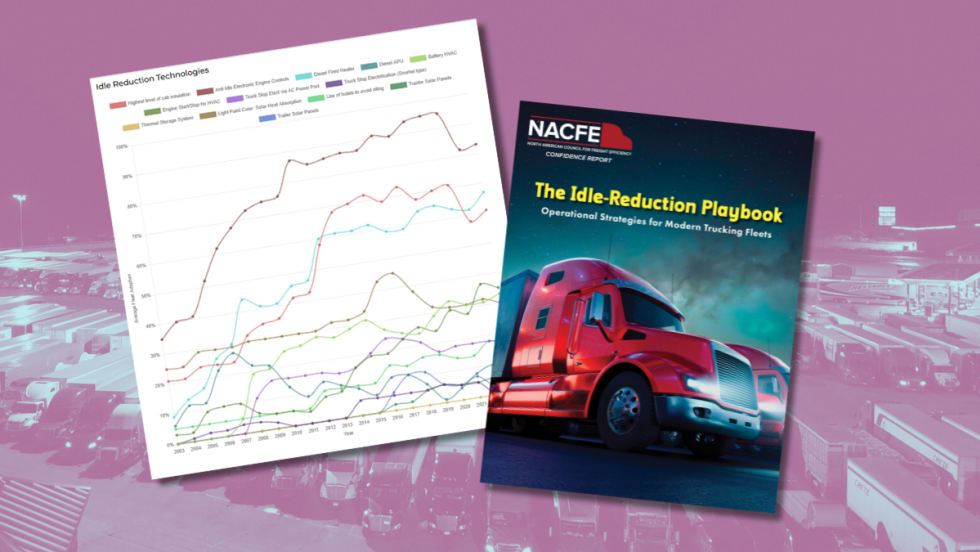With summer weather seemingly getting hotter every year, how can motor carriers reduce energy consumption while maintaining the temperatures required for safe transport of perishable products?
There are several factors that can impact energy consumption throughout the process of transporting temperature-sensitive goods.
Sid Gnewikow, product manager – small truck, Thermo King Americas, has the following suggestions. While these refer to the cargo box of refrigerated straight trucks, they hold true for refrigerated trailers, as well.
1. Precool Your Refrigerated Trailer or Cargo Box
One way to maximize energy efficiency is by precooling the box before loading perishable items.
“It is important to load the product at the optimal temperature so the reefer is not trying to ‘cool’ the product."
2. Don't Waste Energy During Deliveries
Use door switches to shut the TRU off when doors are open during the delivery of goods.
You also can use air curtains to hold the cold air in and prevent warm ambient air from entering the box when doors are open.
3. Spec Enough Insulation
Using adequate insulation and/or increasing insulation thickness to maintain temperatures reduces the electrical load for cooling.
4. Keep Refrigerated Trailers and Trucks in Good Repair
“It is also vital to conduct proper preventative maintenance of the vehicle box such as ensuring door seals are in good condition, the use of 'kazoos' on drain ports to prevent ambient air from entering, addressing any damage to the box such as ripped skin panels that would impact insulation properties, etc.,” Gnewikow says.
5. Consider Swing Doors vs. Roll-up Doors
Another way to decrease energy consumption is by using swing doors in place of roll-up doors on the cargo box, Gnewikow says.




